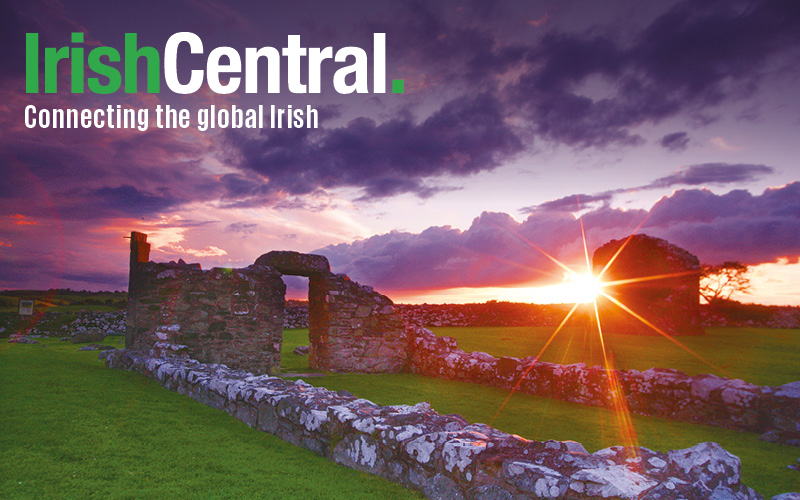Robert Ross was a British general born in Rostrevor, Northern Ireland, who burned down the White House and captured Washington in August 1814. Last weekend, Ross's descendents held a conference in the general's hometown to resurrect his memory.
The capture of Washington is “one of the most extraordinary stories in British or American history,” British journalist Peter Snow told attendees of the conference. Snow, the author of a new history on the War of 1812 episode, said that when he speaks to British audiences, generally only one in 20 is aware their nation burned the home of the American president.
Ross, who served with distinction under the Duke of Wellington in the war with Napoleon, was sent to North America with 4,00) troops to help end the war with America, by then in its third year.
Ross landed in Southern Maryland and moved toward the capital. On August 1814, outside Washington, Ross led his troops to victory over a larger American force at Bladensburg. The British entered the capital that night.
Over the next 24 hours, every trace of American power, including the White House and the Capitol was burned, although most private property was spared.
On September 27, 1814, news of the Washington's capture had reached London and Ross became a national hero. But by then, Ross had been killed by American militia fire during the failed British Attack on Baltimore three weeks after his 24-hours occupation of Washington, a victory for America that would inspire the writing of "The Star-Spangled Banner."
The organizers of the conference had to overcome more than the obscurity of the war in Britain, the Washington Post reports. The Protestant Ross had been mostly a forgotten figure in his now predominantly Catholic hometown after decades of violence during the Troubles in Northern Ireland.
"Growing up in the Troubles, anything that celebrated the British Army wouldn’t have been too acceptable,” said Aisling Brown, a resident of the County Down conference, who attended the conference with her children. “Now that we have peace, it’s possible to give the history here a wee bit more attention.
"Generations of children grew up knowing nothing about General Ross,” said John McCavitt, a local historian writing a biography of Ross.
However, the resurrection of the Protestant, Anglo-Irish Ross is an example of the ongoing peace efforts stemming from the 1998 Good Friday accord.
A 100-foot granite obelisk monument to Ross overlooking the Carlingford Lough, which had become overgrown by brush and covered in graffiti, was refurbished and reopened in 2008 , by agreement of the local Newry and Mourne District Council, which is dominated by Irish nationalists.
Plans are now in the works to mark the 200th anniversary of the capture of Washington and battle for Baltimore with a “Star-Spangled Banner celebration” next summer.




Comments